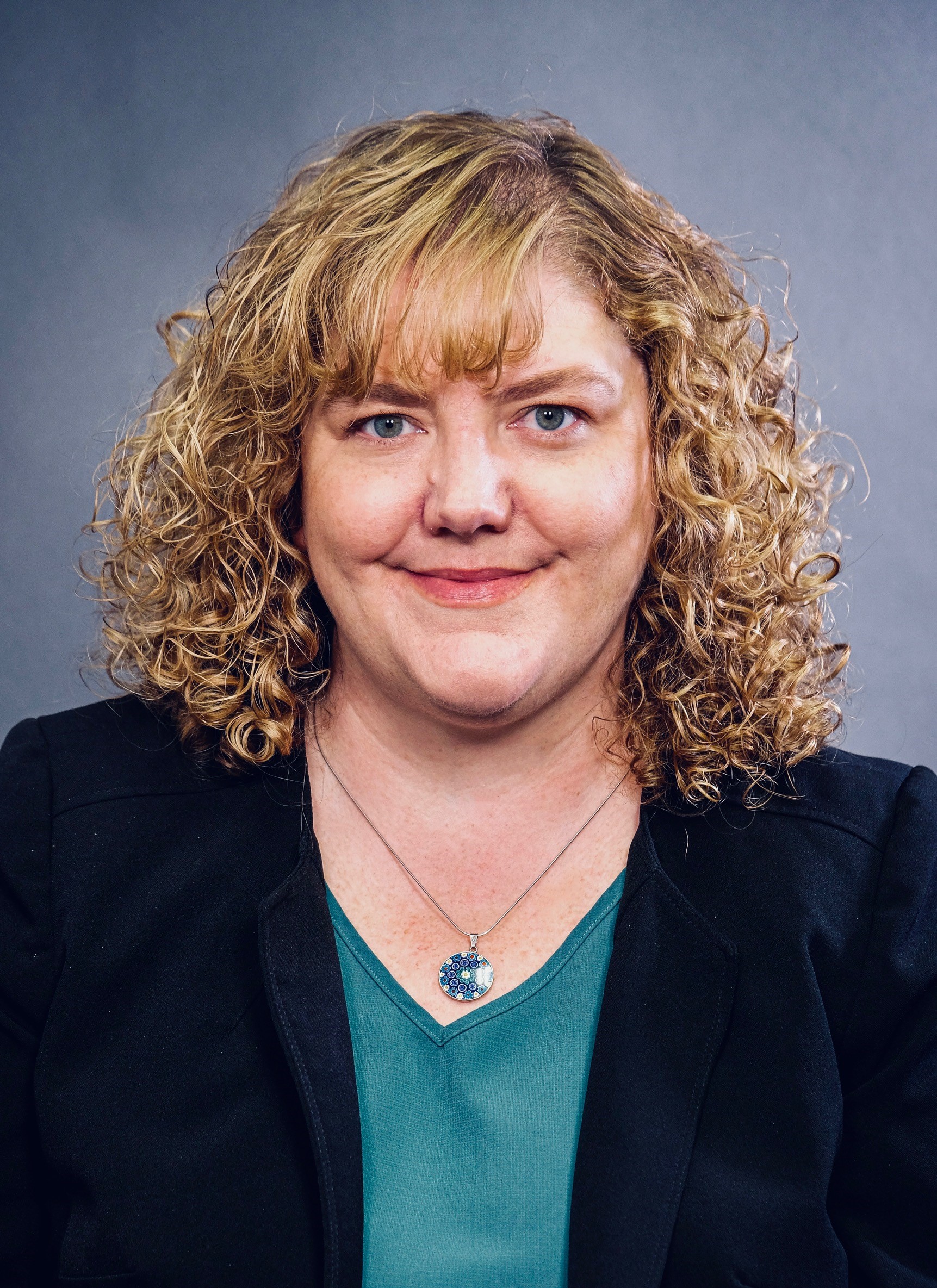Program Information
Professional Council Symposium: The Medical Physicist as a Professional Leader - The Importance of Leadership Development
W Hendee1*, J Hazle2*, J Clements3*, (1) ,Rochester, MN, (2) UT MD Anderson Cancer Center, Houston, TX, (3) Texas Health Presbyterian Hospital Dallas, Dallas, TX
SU-A-WAB-1 Sunday 9:30AM - 11:00AM Room: Wabash BallroomMedical physicists have a unique combination of education and training in physics principles, radiation physics applications in medicine, human anatomy, as well as safety analysis and quality control methods. To be highly effective, we must be leaders in our local practice environments – that is, our professional mission should be to provide professional leadership within our respective institutions. Unfortunately, many medical physicists focus exclusively on their narrow specialty of practice (e.g. imaging physics, radiation oncology physics). Such an approach represents a missed opportunity. Within every institution, whether it has a clinical, research or teaching focus, there are key stakeholders who are not experts in the science of physics in medicine, and many colleagues who rely on medical physicists to provide direction and prioritization of the group’s work. An effective medical physicist recognizes that to advance the institution’s mission, the medical physicist must join other professional leaders within the institution to provide clear direction and perspective for the entire team.
This year’s Professional Council Symposium will explore the many facets of professional leadership in medical physics. Dr. Hendee will provide an overview of medical physicists as leaders in our profession, with a focus on our long partnership with our physician colleagues. Dr. Hazle will describe how the medical physicist can have a significant impact on the environment of care in one’s institution. Ms. Clements will describe how the medical physicist can influence the professional standards within their institution, even if the medical physicist does not yet possess several decades of experience.
Being an effective professional leader is quite different from being an effective manager. The professional leader helps the entire team or institution to recognize the most important topics to focus on and why these topics matter, and provides the entire team with clear direction and support. To be effective as medical physicists, we must learn how to provide leadership to a diverse team of colleagues.
Learning Objectives:
1. Understand the difference between management and leadership.
2. Understand the importance of professional leadership for medical physicists to be highly effective in their professional mission.
3. Understand some strategies for developing as a professional leader.
Contact Email:







